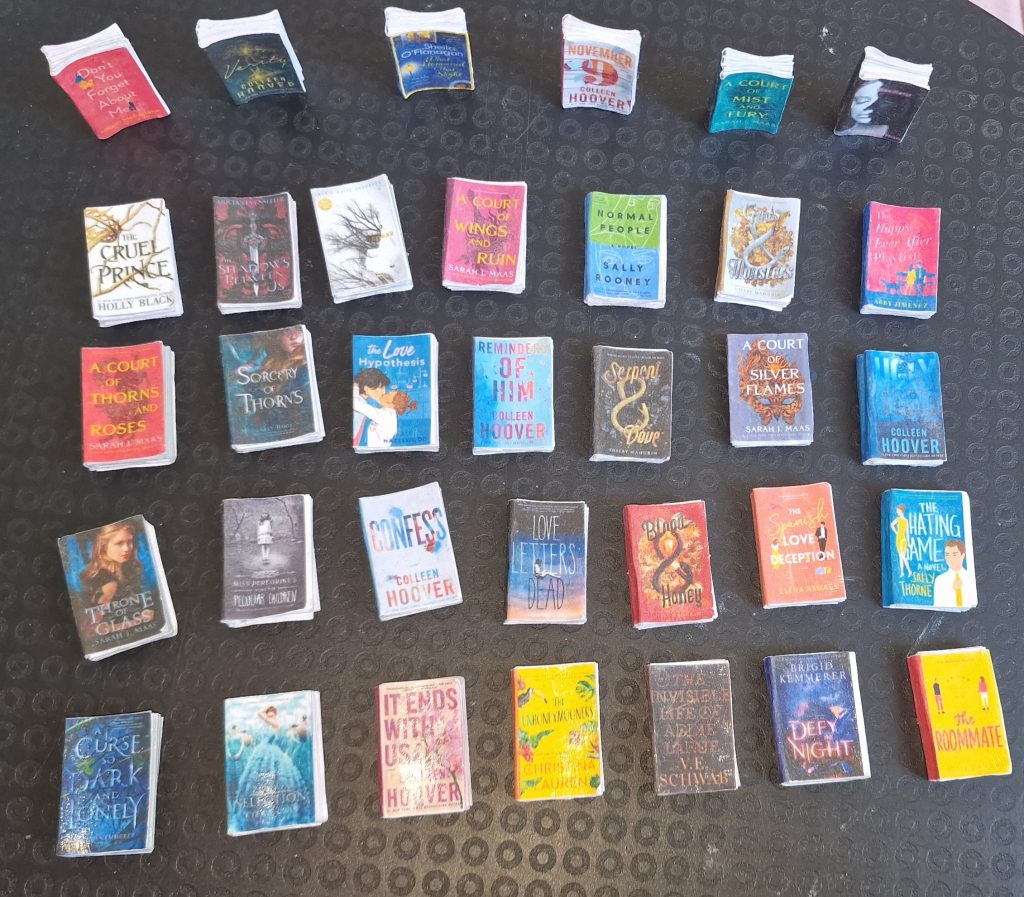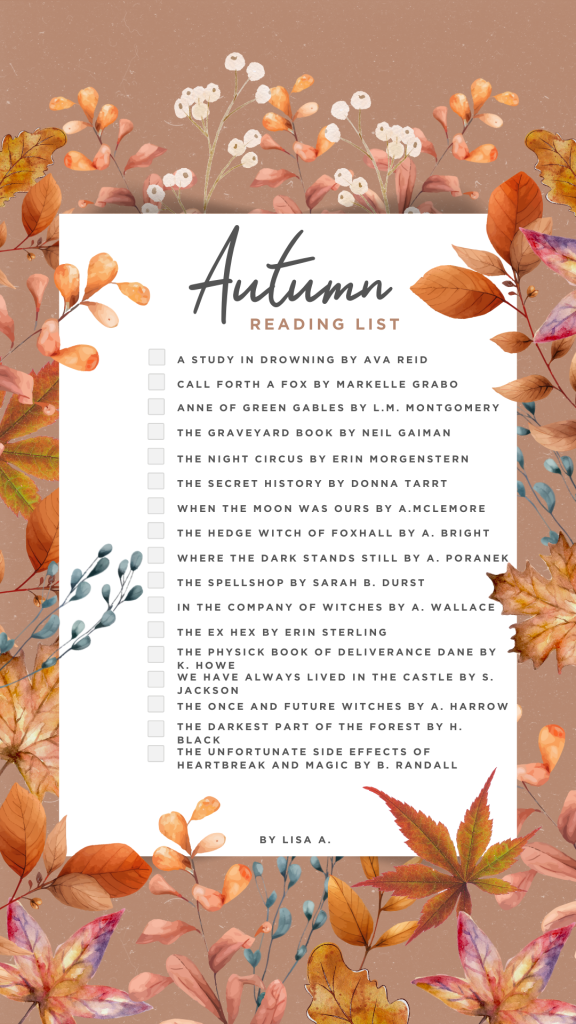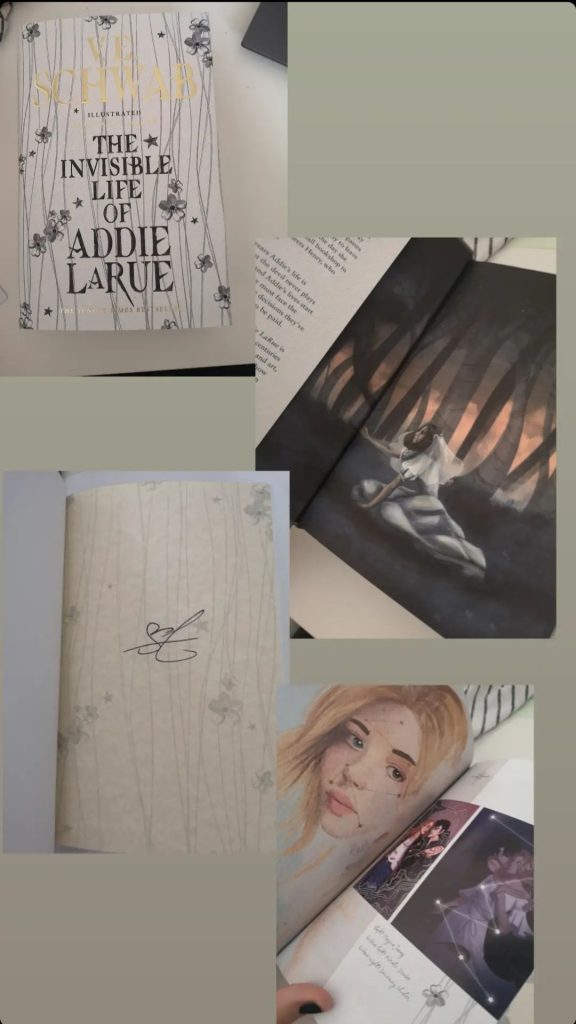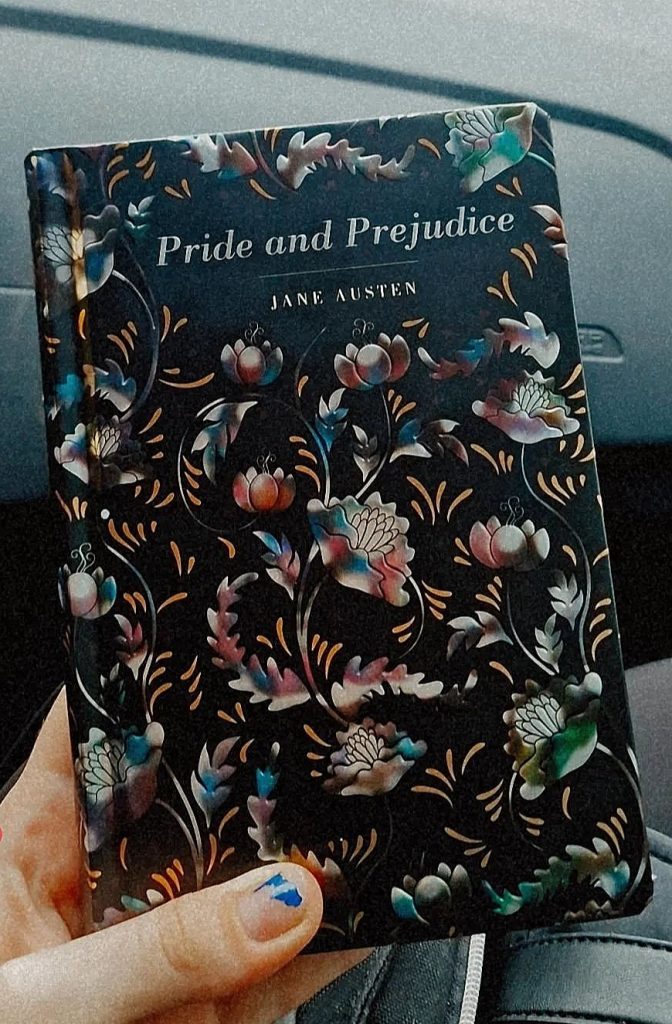“If you would be a real seeker after truth, it is necessary that at least once in your life you doubt, as far as possible, all things”- René Descartes
With the end of summer and the beginning of autumn and now even a winter-like atmosphere, a popular trend has made another annual appearance, especially throughout the communities of BookTok and Bookstagram– Dark Academia. Today I would like to introduce the genre and its themes and talk about its trend and why many people misinterpret its intentions due to its popularity on the internet.
Dark academia, when talking about literature, is a genre filled with mysterious and volatile narratives that often take place in settings of higher education. Most of the time it surrounds individuals or groups who either study literature, ancient languages such as Greek or Latin, or any form of art. Here, I would like to introduce one of my favourite dark academic novels.
If We Were Villains by M.L. Rio
Rio’s debut novel introduces Oliver Marks upon his release from his ten-year prison sentence after the murder of one of his friends. He is greeted by Detective Colborne who, ten years earlier, was in charge of the murder investigations. With his retirement drawing closer, the detective is desperate to hear the truth about the events leading up to the murder and eventually also the truth about the case. Having lost everything that is most dear to him, Oliver finally tells not only his but also his friends’ story of what really happened that tragic night. After this initial introduction the book skips back in time to 1997, Oliver’s fourth and final year at the Dellecher Classical Conservatory where he, alongside his six friends, was a Shakespeare acting student. From the beginning it is established that all seven have been assigned roles, both on stage and in real life, which seem to be based on inevitable stereotypes according to their performed character traits; the way they presented themselves. Oliver Marks is introduced as the sidekick, James Farrow as the hero, Alexander Vass as the villain, Meredith Dardenne as the temptress, Richard Stirling as the tyrant, Wren Sterling as the ingénue and Filippa Kosta as the chameleon. While not all of them are pleased with these set roles, they never attempt to change their professors’ minds about the casting decisions. That is until all of their roles are mixed up on purpose for the annual Halloween performance of Hamlet. This drastic decision stirs up troubles for the group and their friendship is challenged. The conflict climaxes with the death of one of the acting students and six potential murder suspects. But who killed them and why? Who can be trusted and who can’t? And is Shakespeare to blame for any of it?
On TikTok, many users agree that dark academia has a so-called ‘holy trinity’. This varies for every user depending on their preferred books, yet, most of the time If We Were Villains, Dead Poets Society and The Secret History can be found as the top recommendations to get a feeling of this specific genre.
Dead Poets Society by Nancy H. Kleinbaum
Kleinbaum’s novel is based on the 1989 film of the same name. Set in a boys-only elite prep school in 1959, the story follows a group of students who are inspired by their new English teacher, John Keating (in the movie played by Robin Williams), to think independently and challenge the expectations of society. Keating encourages them to ‘carpe diem’, to seize the day, be passionate and live their lives the way they want to. This leads a selected group of students to form the Dead Poets Society, a secret club where they read poetry and discuss life without any constraints of a controlled setting. As the boys struggle between personal freedom and the pressures caused by tradition, the novel explores themes of rebellion, the search for identity and the consequences of defying any form of authority in such a strict environment.
The Secret History by Donna Tartt
The Secret History follows Richard Papen, a student who becomes involved with a group of elite classics students at a small college in Vermont, led by their professor Julian Morrow, who is described as an enigma. With his increasing involvement, Richard discovers the group’s obsession with beauty, philosophy and the eventually dangerous pursuit of perfection. The group’s internal structure is challenged after they commit a murder, setting off a spiral of guilt and betrayal. The novel explores themes of morality, the consequences of intellectual elitism, and the possibility of darkness within human nature.
More Recommendations:
- The Picture of Dorian Gray by Oskar Wilde
- Babel by R.F. Kuang
- The Atlas Six by Olive Blake
- A Study in Drowning by Ava Reid
- Bunny by Mona Awad
- Wilder Girls by Rory Power
- Vicious by V.E. Schwab
- In My Dreams I Hold a Knife by Ashley Winstead
- Ninth House by Leigh Bardugo
Even though these summaries already show a connection through drastic events such as death and betrayal, dark academia is often romanticized because it carters into a longing for intellectualism and mystery. The genre celebrates classical literature, arts, and the love for learning and academic pursuit in settings of prestigious and often centuries-old institutions which evoke a sense of tradition and elitism. Adding this to the characters’ almost obsessive behaviour in their intellectual lives, an atmosphere of intrigue and passion is created which draws readers in through its aspirational and alluring nature. Yet, the genre also explores darker themes such as death, moral ambiguity and the extreme consequences of intellectualism. These themes offer readers a feeling of depth which cannot be found in our modern lives.
However, many of the listed books do not follow this pattern of romanticising these themes but they criticise them. Both The Secret History and If We Were Villains, mainly due to their similarities in content, show how dangerous this obsessive behaviour can be and how extreme intellectualism and elitism end in tragedy. Each novel individually creates an attractive and slightly mysterious setting which catches the readers’ attention, encapsulating them in the story. Yet, they never hide the dangers the places offer and how it negatively affects everyone present- in these cases how it drives people to murder their own friends. The warnings behind the story become even more apparent with Tartt’s use of an unreliable narrator and Rio’s use of a rather unknowing narrator; they cannot be fully trusted as no one ever knows the truth in its entirety. Unfortunately, those messages are often ignored due to their online presence and popularity. Many BokTok users solely focus on love relationships and the prestige setting itself rather than reading between the lines and appreciating its complexity and absurdity; they romanticise tragedy and obsessive behaviour and only focus on the beauty of literature or art. Yet, to some extent, this, at least in my opinion, reflects the story itself as the obsession with intellectualism and the beauty of perfection is mirrored in the interests of the readers; their focus reflects the focus of most of the characters. This highlights how easy it is to be drawn into this dangerous spiral, even though we are not actually part of it.
What is your take on the online trend of dark academia? What do you think about this ‘morbid longing for the picturesque at all costs’? Would you blame Shakespeare for any of it?
Exeunt Omnes
Lisa Apel







